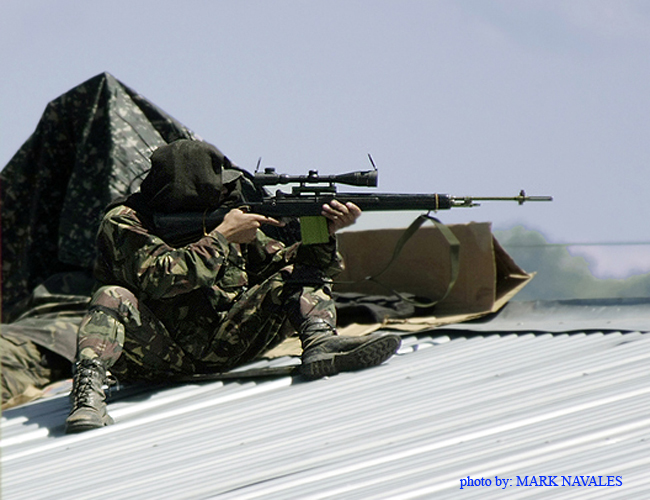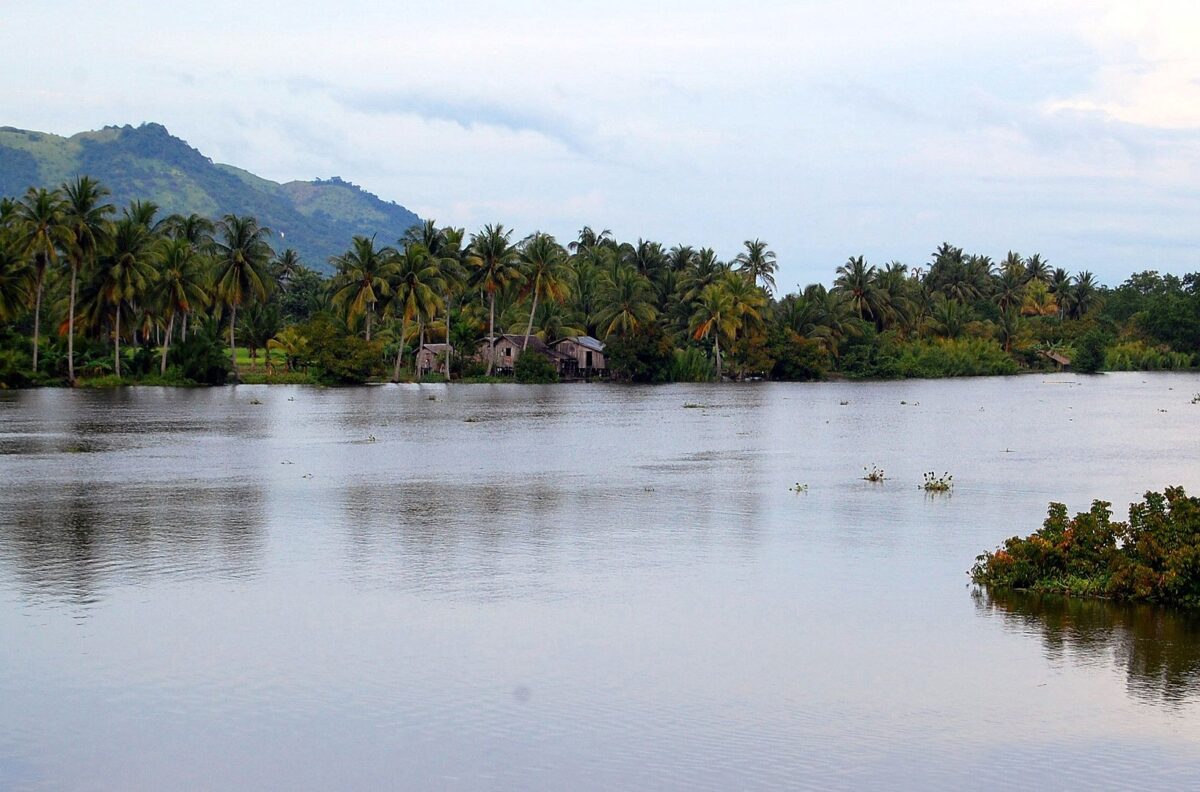MINDINAO, PHILIPPINES – Even when there are plenty of terrorist groups to blame the authorship of some attacks is sometimes hard to establish.
In the aftermath of an attack it is customary for a group to claim it. Why? Because the terrorist bunch in question wants to demonstrate that it is capable of pulling off actions and to scare the willies out of the public. After all, why do something and not take credit for it?
What happens, though, when multiple groups are active in a given area? At times, different organisations will issue competing claims, all seeking attention. In the Philippines, for example, there are several jihadi groups all vying for the public’s eye, including the unfortunately named Moro Islamic Liberation Front (or MILF – look it up!).

Here is a case in point.
On this day in 2007
Three bombs were detonated within hours of each other in the southern Philippines island of Mindinao, in all killing six people and wounding 27. Here is where it gets interesting.
The first explosion ripped apart a stand selling lottery tickets. While police say that the usual suspects would be Jemaah Islamiyah (JI) and its ally, the local Abu Sayyaf Group (ASG), it was also possible that the blast stemmed from the failure of the kiosk operator to pay winners of a lottery draw. The second bomb was placed near the fence of a police outpost along the national highway (two passersby were wounded) while the third occurred at a dumpsite in Cotabato city (injuring three garbage collectors).
We think it was planted there on purpose, and was mixed with the garbage.
Senior Inspector Samson Obatay
Some believed all three explosions were the hand of JI/ASG. Authorities were also looking at the possible involvement of “saboteurs” to ongoing peace negotiations between the Philippine government and the MILF: a two-day meeting between the two parties had just concluded. Still others believed these were an attempt to disrupt an upcoming ASEAN summit.
No claim, no obvious suspect, no MO. That is the way terrorism goes sometimes.
Read More Today in Terrorism

Canada Has to Get Serious About Foreign Threats to Citizens
This piece first appeared in The Epoch Times Canada on June 12, 2025. As a nation of immigrants, Canada has served as a refuge for all kinds of people who came here for all kinds of reasons. Some simply wanted a better life for themselves and their families. Some were fleeing war or conflict zones.…

What does a Houthi-Al Shabaab alignment entail for regional security?
Episode 281 – The Horn of Africa is beset by a new, albeit odd, alliance To say that the Horn of Africa (Ethiopia, Eritrea, Somalia) is unstable is an understatement. Whether we are talking about war, famine or terrorism, the region has had its challenges for decades. Now a working relationship between Al Qaeda-affiliated Al…

Did Canada just dodge a RW bullet?
Episode 268 – How serious is the RW threat to Canada? If you listen to many ‘experts’ the biggest threat to world safety emanates from the far right (what normal people call right-wing terrorism (RW) but the Canadian government calls IMVE – ideologically-motivated violent extremism). Recent RCMP arrests in Quebec hit the news yesterday and…

